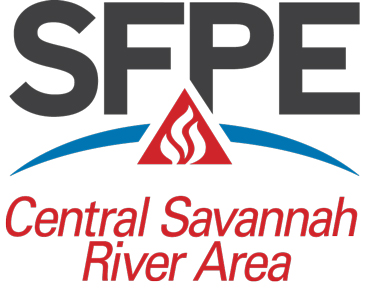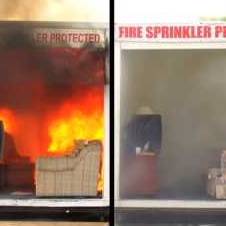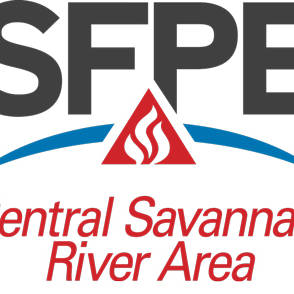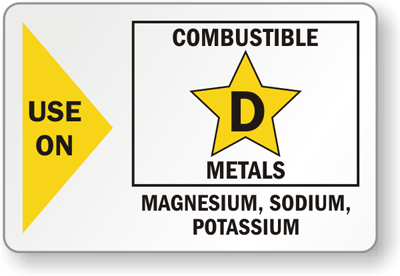How YOU Can Help Prevent Campus Fires
September 3, 2015
Last week, we took a look at how the University of North Carolina (UNC) works closely with the fire marshal, housing department, and Resident Advisors (RA’s) to keep campus fire safety in the forefront as students return to…
Universities Gear up for Campus Fire Safety Month
August 27, 2015
Summer is quickly coming to an end, and college students around the country are loading up the family SUVs and returning to campus. Fresh-faced 18-year-olds get their first taste of freedom as they cram everything they own into…
Following Proper Hot Work Procedures – Part 2
August 6, 2015
Last week, we reviewed several preventable hot work fires and explosions that were caused by improper procedures used during hot work activities. These incidents resulted in fatalities, injuries, and property damage. You can…
Following Proper Hot Work Procedures – Part 1
July 30, 2015
On January 25, 2008, a fire at the Monte Carlo Casino in Las Vegas, NV was started by welders working on the roof without proper hot work permits or safety precautions. The fire forced the evacuation of 6,000 guests and…
Portable Fire Extinguishers 101
July 23, 2015
What are the Different Types of Portable Fire Extinguishers Commonly Found in Homes and Where Should You Keep Them? When it comes to small fires, portable fire extinguishers can help save lives and property. But, before you buy…
Celebrating Our Nation’s Birthday Safely – Leave the Fireworks to the Professionals
July 2, 2015
As we gather with friends and family to celebrate the birth of our nation, it seems like the perfect time to go over firework safety tips. The 4th of July is one of the biggest holidays for fireworks and firework-related…
Do You Know How to Test Your Home Smoke Alarm?
June 4, 2015
In our last post, we discussed smoke alarm basics including: smoke alarm types, battery vs. hard-wired smoke alarms, where smoke alarms should be located, and how often you should test them. As we’ve previously discussed,…
Smoke Alarm Basics
May 28, 2015
It’s so important to have smoke alarms installed in your home and to make sure they are working properly. According to research by the National Fire Protection Association (NFPA) conducted between 2007 and 2011, three out of…
SFPE Savannah River Area Chapter: Small, But Mighty
May 21, 2015
 Up Close and Personal with an Active…
Up Close and Personal with an Active…
Metal Fires – Why Water isn’t Always the Best Extinguishing Agent
May 14, 2015
On December 29th, 2009, St. Anna, Wisconsin firefighters responded to a call regarding a trash bin fire at Bremer Manufacturing Co. in New Holstein. The first firefighters that arrived witnessed flames coming from the dumpster.…
The Importance of Pre-Incident Fire Planning
April 23, 2015
From time to time, we like to share perspectives from members in our connected communities. We’d like to thank Greg Jakubowski, a licensed Fire Protection Engineer and Certified Safety Professional, with decades of service as a…
Fire Safety: What Can Happen if Oily Rags Are Not Disposed of Properly?
April 9, 2015
In our last post, we discussed how oil-soaked rags can spontaneously combust if they are not disposed of properly. We also reviewed fire safety guidance that can help to prevent an incident from occurring in your facility. The…
Fire Safety Guidance for Oily Rags
April 2, 2015
Oily rags left in closed containers can present a serious risk of fire. Many people do not believe that oily rags left undisturbed could ignite all by themselves without the presence of an ignition source, such as a spark or…
Spreading Fire Safety Awareness in the Community
News,NFPA Stats,Fire Safety Tips
January 29, 2015
The holidays are over, which means the chances of starting a house fire via a deep-fried turkey or a knocked-over Christmas tree are considerably lower than they were in November and December. The year 2013 saw the lowest…




